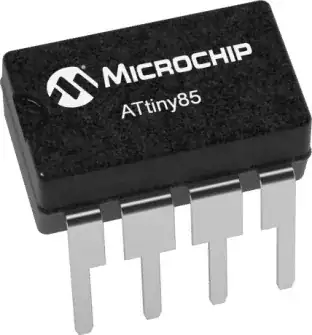Sorry for clickbait question but it really bugs me why Arduino is still a thing in the age of ARM based boards like Pine64, Raspberry Pi, Bannana Pi, Whatever Pi etc.
I'm more or less aware of Arduino capabilities as I used to program PLC controllers but I don't really see any rational reason to use Arduino platform over ARM devboards (unless we need mission-critical level reliability however I believe commercial realtime OSes for ARM boards also exist). Even PLC and in general industrial controllers seem to shift towards platforms driven by actual RT OSes underneath running on powerfull hardware.
Getting 30$ quad core 1.2 ghz ARM board with 512M RAM, ethernet, GPIO, I2C, SPI, USB, SD card and actual Linux OS which can do virtually everything whatsoever over 25$ Arduino Uno board with abacus level performance, similar or inferior i/o, capable of only pretty basic stuff sounds to me like no brainer. Arduino sounds to me like extremely cost ineffective solution for almost anything. And I can't seem to find any rational explanation to why people still use such thing now? Maybe as Linux engineer I'm a bit biased towards Unix based solutions because I feel "safe" in this ecosystem but still I think my points are kind of objective no matter if availability of unix itself on platform is considered serious advantage or not.
